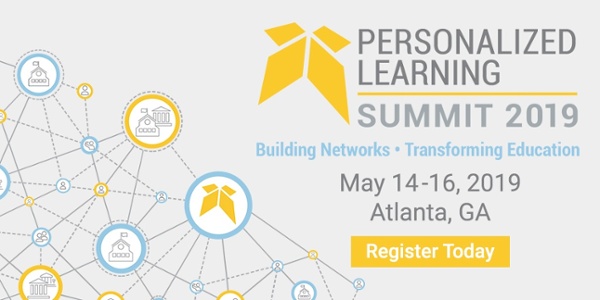
robots are not taking over teachers' jobs
there is a scene from the recent star trek movie reboot of a young alien named spock at school. spock and his classmates each stand in their own semi-circular pod, surrounded by screens while an automated “teacher” prompts them with questions. this eerie scene is what some fear will be the future of schooling. students staring at screens, by themselves, while an artificial intelligence program delivers content and assessments. there is no doubt that digital programs, particularly adaptive ones, can be powerful tools in the classroom. however, that is all a digital program will ever be – a tool. a computer program can never replace a teacher. if anything, technology is making the role of teachers even more important and their job more complex.
advances in artificial intelligence have been significant, as evidenced by the recent victory of google’s alphago program over a top human go player in china. however, computers have only been able to beat humans at the one task they are designed for. that same program could not beat a human at monopoly, or write a better poem, or even begin to mentor a child through the college application process. teaching, in contrast, is a job that is multi-layered and complex. teachers are instructors, coaches, analysts, therapists, designers, mediators, and performers. they are tasked with the most human of jobs – to help raise their community’s children. what job is more human, and more difficult, than teaching?
only teachers can create the learning experiences that build knowledge, skills, and a love of learning.

great lessons require planning and performance. teachers must design a rigorous learning experience and execute it in a way that engages and supports every student. the list of requirements to do either of these tasks is so long, no computer program could even begin to do one, let alone both, of these. if anything, technology is making the job of the teacher more complex than before. instead of having one set of textbooks, teachers must navigate an array of online and offline curricula while managing devices and building digital citizenship.
critical thinking skills require the asking and answering of a wide array of questions, something only humans can do.

teachers most often build their students’ critical thinking skills through careful questioning. this involves the planned and spontaneous asking and answering of questions. it requires a teacher to pivot their approach based on the needs, interests, and strengths of individual students. more and more, it also requires teachers to help their students responsibly consume information and identify unreliable sources. anyone who has tried to ask an artificial intelligence program a question more difficult than, “what’s the weather today?” will immediately see the limitations of a computer in this work.
no computer can build a relationship with a student, or serve as their role model.

the teachers who adults remember were the ones who inspired them. they saw their potential and coached and challenged them to reach it. great teachers help students learn about the world around them and about themselves. they are role models and mentors. one reason that districts and states are seeking a more diverse teaching staff is to ensure that every student can see a model of themselves in the adult leading their classrooms. it is difficult to imagine an algorithm serving this role.
a child’s development requires human guidance.

an excellent education develops the whole child. great schools work in partnership with their families and communities to equip students with the knowledge, skills, and confidence to successfully navigate life. teachers provide guidance, give students feedback, facilitate conflict-resolution, and support students to learn from their mistakes. technology has, in many ways, opened up the world to students. and teachers are at the forefront of helping to guide, and at times, protect students as they navigate this world. what parent would entrust this job to a computer?
spock is part of an alien race that values logic and reason, entirely separating themselves from emotion. perhaps an artificial intelligence built on those same principles would be an effective teacher for them. but humans are uniquely emotional beings, particularly children. great teachers use emotion to inspire their students, engage them in work, help them through challenges, and model self-control over those emotions. we teach students to be better versions of ourselves. teaching is a distinctly human endeavor, one that no algorithm can come close to mimicking.
if you're a school leader looking for ways to inspire your teachers and help them navigate a changing education landscape, here are some resources:
join us at the pl summit 2019 for more inspiration and learning around the challenges educators face and how to tackle them effectively and innovatively.
about noah dougherty - guest author
noah dougherty is the ceo and co-founder of relevant learner. he taught secondary ela and social studies for eight years before becoming an instructional coach and school leader. noah has written curriculum for public districts, charter organizations, and for-profit companies. he also worked as a consultant, partnering with districts across the country on personalized learning; strategic planning; and diversity, equity, and inclusion initiatives. noah grew up in syracuse, ny and now lives in washington, dc.



